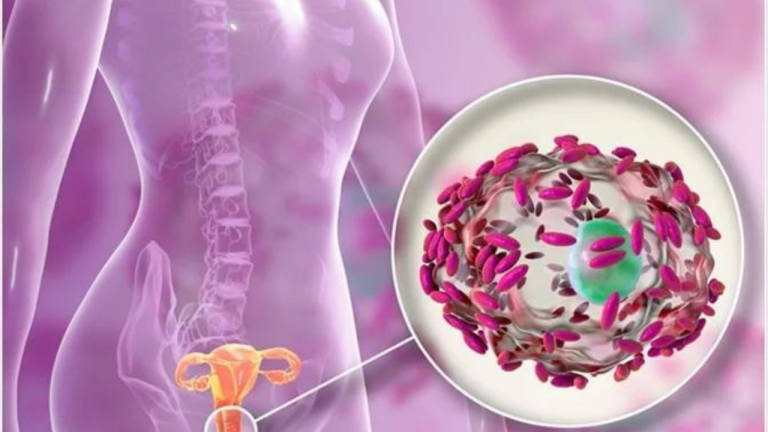Do Juice Cleanses Really Detox Your Body?

The idea that juice cleanses or “detox” diets can cleanse or detoxify the body is a common belief, but it is not supported by scientific evidence. The human body has complex systems, including the liver and kidneys, that naturally detoxify and eliminate waste and toxins from the body.
Juice cleanses typically involve consuming only fruit or vegetable juices for a period of time while eliminating solid foods and other beverages from the diet. Some juice cleanses also claim to “reset” the digestive system, promote weight loss, or improve overall health. However, there is limited scientific evidence to support these claims, and juice cleanses can have potential risks and drawbacks.
Here are some important points to consider:
Lack of essential nutrients: Juice cleanses are often low in protein, healthy fats, and other essential nutrients that the body needs for optimal functioning. Prolonged consumption of only juices may result in inadequate intake of key nutrients, which can lead to nutrient deficiencies and other health concerns.
High sugar content: Many fruit juices used in cleanses can be high in natural sugars, which can cause rapid spikes in blood sugar levels and contribute to issues like increased hunger, unstable energy levels, and potential adverse effects on blood sugar control, especially for individuals with diabetes or insulin resistance.
Low in fiber: Juices are often strained or processed, which can remove the natural fiber found in whole fruits and vegetables. Fiber is important for digestive health, satiety, and blood sugar management, and its absence in juice cleanses can result in reduced fiber intake.
Calorie restriction: Juice cleanses often involve significant calorie restriction, which may lead to low energy levels, dizziness, and other side effects. It may not be sustainable in the long term and can potentially result in muscle loss, slowed metabolism, and nutrient deficiencies.
Individual variability: The effects of juice cleanses can vary greatly depending on an individual’s overall health, nutrient needs, and medical conditions. Some individuals may tolerate juice cleanses better than others, but for many people, they may not be necessary or beneficial.
Limited evidence: While some studies suggest potential short-term benefits of juice cleanses such as weight loss or improved antioxidant status, there is limited scientific evidence to support the long-term effectiveness of juice cleanses in improving overall health or “detoxifying” the body.
In conclusion, while juice cleanses may provide some short-term benefits, they are not necessary for detoxifying the body, and they may have risks and limitations. A healthy, balanced diet that includes a variety of whole foods, along with regular physical activity and adequate hydration, is generally considered the best approach for supporting the body’s natural detoxification processes and maintaining overall health. It’s always best to consult with a healthcare professional or a registered dietitian before considering any significant changes to your diet or lifestyle.



